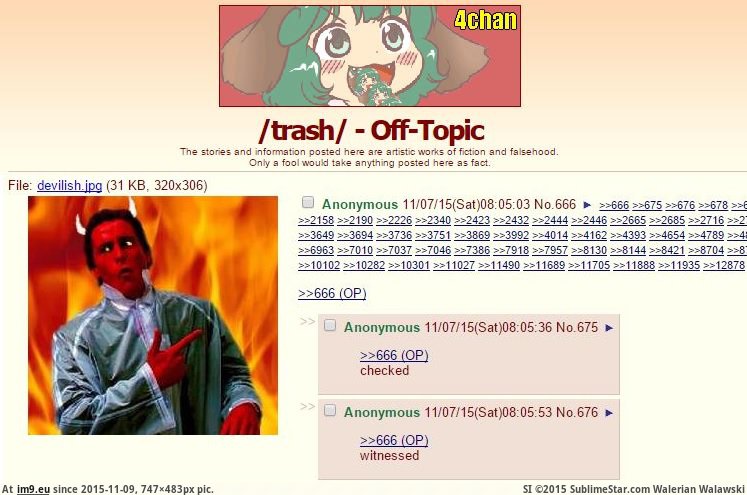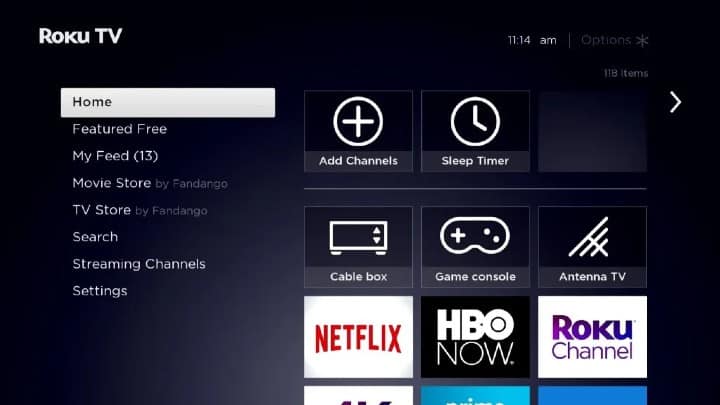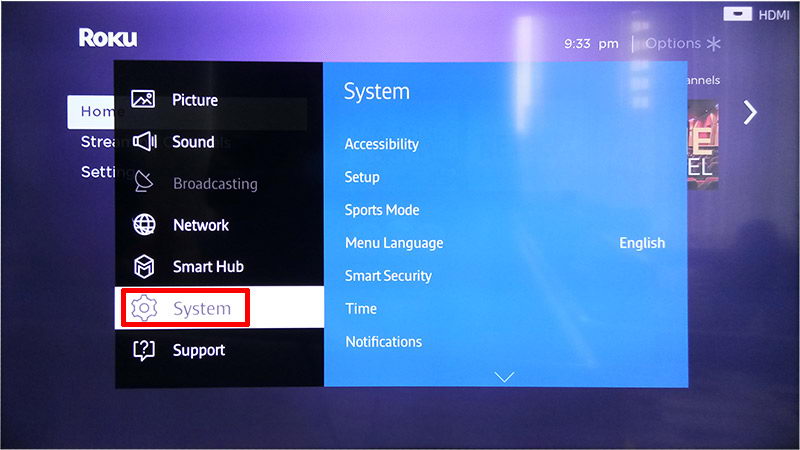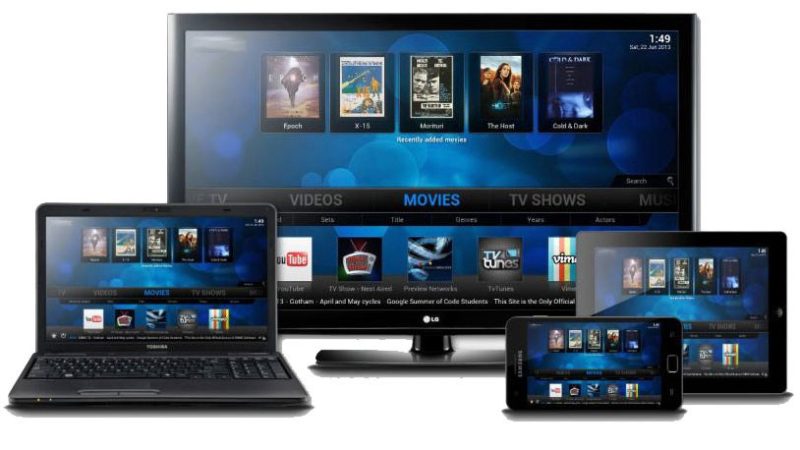Trash 4cha

In the vast landscape of the internet, few places evoke as much curiosity and controversy as 4Chan. This anonymous imageboard has gained notoriety for its chaotic and unfiltered content, often characterized by its irreverent and “trash” culture. While some view 4Chan as a breeding ground for creativity and freedom of expression, others criticize it for fostering toxic behavior and promoting harmful content. In this article, we will delve into the enigmatic world of 4Chan and examine its unique culture, exploring both its positive and negative aspects.
Understanding 4Chan:
Founded in 2003 by Christopher Poole, known online as “moot,” 4Chan was initially intended as a platform for discussing Japanese anime and manga. However, over the years, it has evolved into something much more complex and multifaceted. 4Chan consists of various boards dedicated to different topics, ranging from video games and technology to politics and literature. The “/b/” board, commonly referred to as the “random” board, is notorious for its unfiltered and often controversial content.
Trash Culture on 4Chan:
The term “trash culture” is often associated with 4Chan due to the platform’s inclination towards content that is unconventional, offensive, and at times, downright bizarre. Memes born on 4Chan have permeated internet culture, spreading far beyond the platform itself. However, these memes are not always lighthearted or harmless, as some delve into dark and offensive territories. The anarchic nature of 4Chan allows users to post anonymously, contributing to an environment where boundaries are often pushed to the extreme.
Creativity and Anonymity:
One of the defining features of 4Chan is its commitment to anonymity. Users can post without creating accounts, allowing for unrestricted self-expression. This anonymity has been both a blessing and a curse for 4Chan. On the positive side, it has fostered a space where creativity can thrive without fear of judgment or consequence. The platform has birthed numerous internet phenomena, including the beloved “Pepe the Frog” meme.
However, the same anonymity that allows for creative expression also provides a shield for those who engage in harmful activities. Trolling, harassment, and the dissemination of offensive content are prevalent on 4Chan, contributing to its reputation as a hub for internet toxicity.
Community and Identity:
While 4Chan is often associated with chaos and negativity, it also has a sense of community among its users. The platform’s inside jokes, vernacular, and shared experiences create a unique identity that distinguishes it from other online spaces. The “trash” culture, in a way, becomes a bonding element for those who navigate and contribute to the chaotic landscape of 4Chan.
Critics argue that this sense of community can sometimes turn into an echo chamber, reinforcing extremist views and enabling the spread of harmful ideologies. However, proponents of 4Chan argue that the platform’s diversity of content allows for a wide range of perspectives, fostering a space for genuine conversation and debate.
Controversial Content and Legal Implications:
One of the major concerns associated with 4Chan is the dissemination of illegal or harmful content. The platform has been a breeding ground for doxxing (revealing private information about individuals), cyberbullying, and even the sharing of explicit material without consent. Law enforcement agencies worldwide have had to grapple with the challenges posed by 4Chan’s decentralized and anonymous nature.
As the platform’s influence grows, questions about the responsibility of 4Chan’s administrators in curbing illegal activities arise. While some argue for stricter moderation to mitigate the dissemination of harmful content, others emphasize the importance of preserving the platform’s commitment to free expression.
Impact on Internet Culture:
Love it or loathe it, 4Chan has undeniably left an indelible mark on internet culture. Many internet memes and viral trends, such as the “Rickroll” and “Chocolate Rain,” originated on 4Chan before spreading across the web. The platform’s influence extends beyond memes, as it has played a role in shaping online discourse and contributing to the evolution of internet slang and humor.
Conclusion:
4Chan’s trash culture is a complex and multifaceted phenomenon that defies easy categorization. While the platform has undoubtedly contributed to internet culture and allowed for creative expression, it also faces criticism for fostering toxicity and enabling harmful behavior. As 4Chan continues to evolve, it remains a polarizing force on the internet, challenging conventional norms and pushing the boundaries of free expression. Whether seen as a digital haven for creativity or a cesspool of controversy, 4Chan’s impact on internet culture cannot be ignored.






